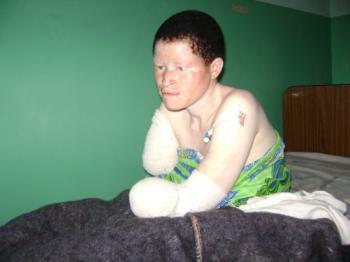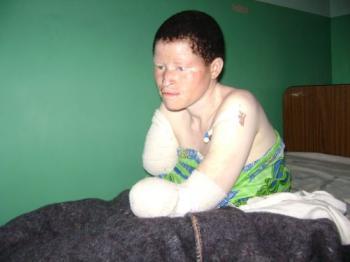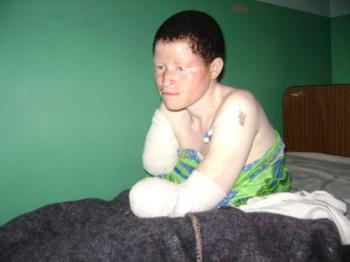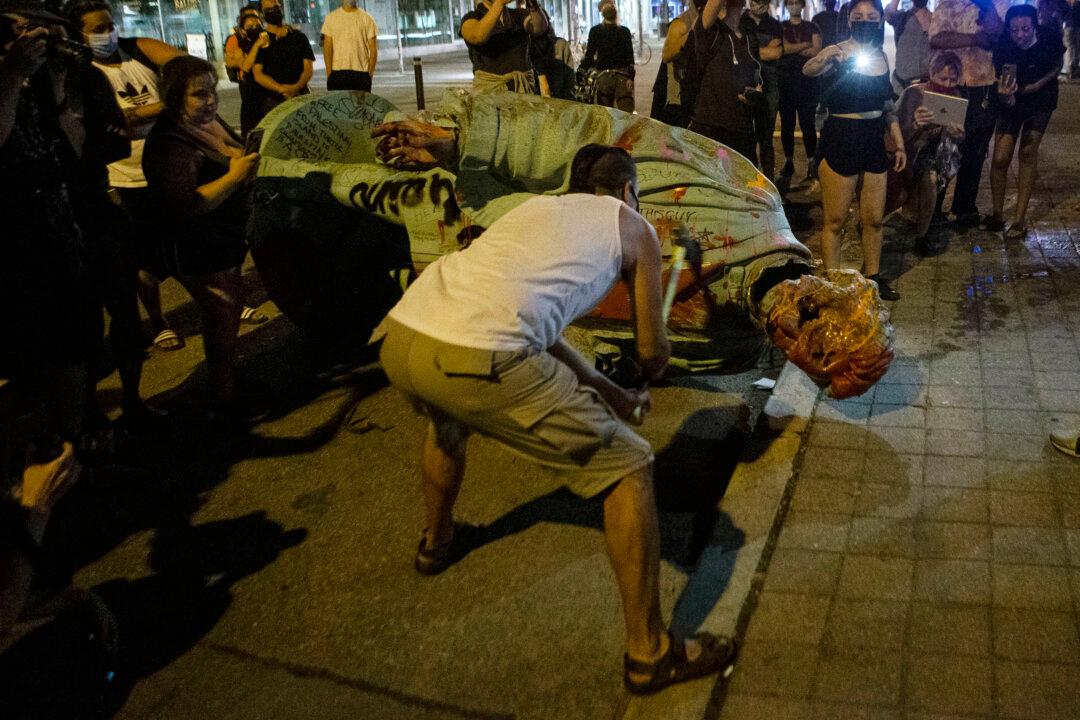In a most gruesome trade that is fueled by superstition, poverty and greed, people with albinism are being hunted and butchered in this East African country for their body parts. The parts are sold to witch doctors who use them as ingredients in potions they claim will bring good luck and make people rich.
In the latest case, a 13-year-old albino girl was killed Monday when attackers pounced and severed her arms and legs as she was walking near her village. She was the 27th victim in under a year.
An investigative report by a BBC correspondent revealed that witch doctors, often regarded as supernatural beings in Africa, are behind the killings. They use hair, genitals, limbs, breasts, fingers, the tongue and blood to make so-called magic potions.
With many unaware that albinism is a genetic defect that causes a lack of pigmentation in skin, eyes and hair, superstition surrounding albinism is common and witch doctors play into this, says Vancouver resident Peter Ash. Ash is the founder of Under the Same Sun, an advocacy organization for people with albinism.
“The idea behind it is that albinos look different, particularly in Africa because it’s not a Caucasian country, and 95 per cent of children with albinism are born to parents who are both black. You can imagine if you’re black and all of a sudden you have a child who’s whiter than most Caucasians and you have no idea that it’s a genetic disorder.”
An albino himself, Ash spent 10 days in Tanzania in October where he met with government officials to advocate for the albino community and to raise awareness about the killings.







